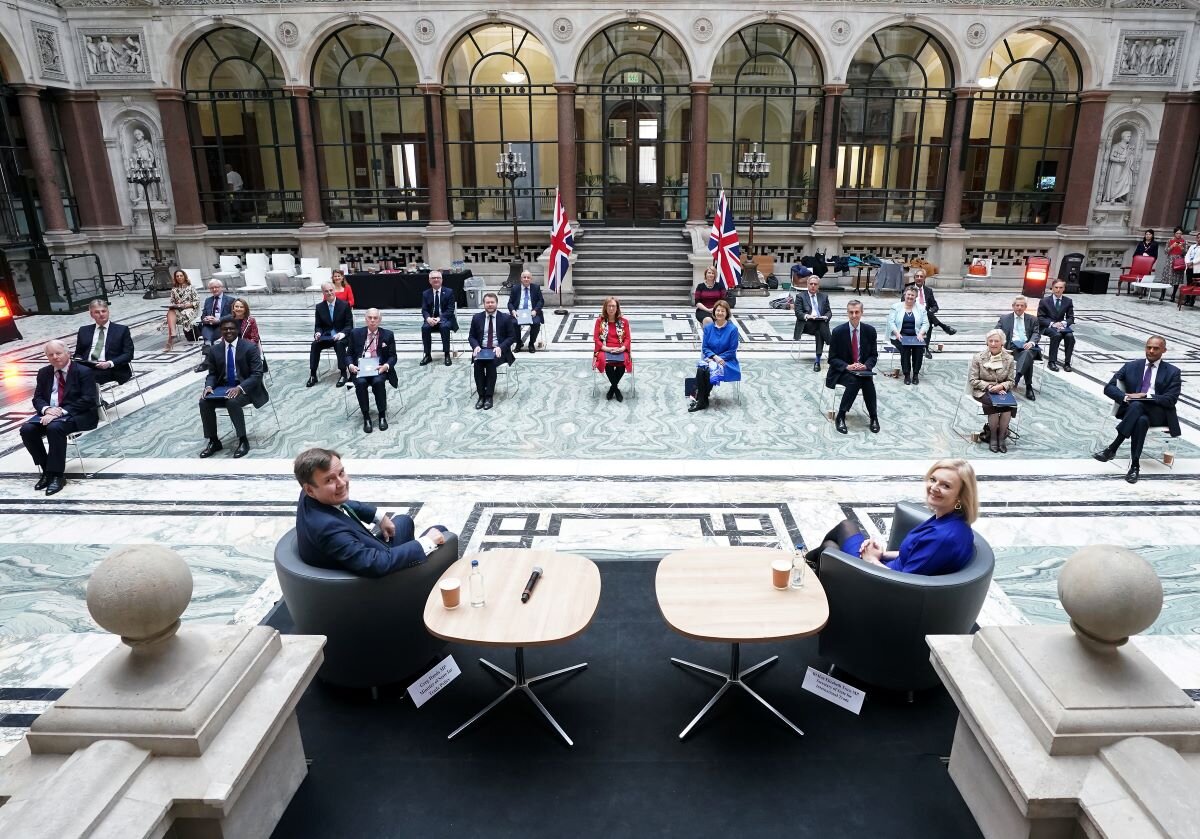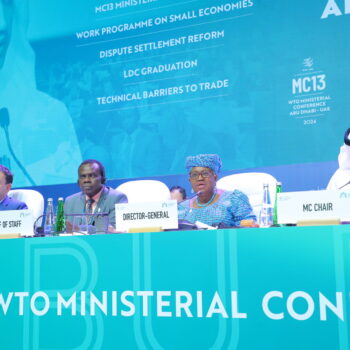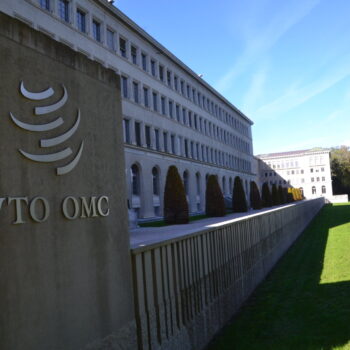As Liz Truss noted herself during the Conservative party leadership campaign, the trade brief solidified her profile as a Cabinet Minister – and now Prime Minister – capable of delivery.
Truss can claim much of the credit for striking trade deals with an impressive 68 countries during her time as Trade Secretary, although it is worth noting these were mainly ‘rollover’ deals from the UK’s time as an EU member.
Truss can also claim credit for introducing green trade as a priority for the UK. Before her Board of Trade report in the summer of 2021, green trade was barely established as a concept in the UK. Despite the narrow focus of the report – which we have discussed in more detail here and here – it is still notable that climate featured as a trade priority for Truss.
Anne-Marie Trevelyan, her successor as Trade Secretary, also saw the opportunities of green trade. Her vision for green trade centred on green export opportunities for British business. She saw the potential for UK export support to back clean energy investment opportunities overseas and thereby also reduce reliance on Russian oil and gas — reinforcing the UK’s energy security.
During the Conservative leadership competition, Liz Truss said she expected that her new Trade Secretary will “follow in my footsteps” when it comes to trade policy. Kemi Badenoch should therefore build on her predecessors’ legacies and carry the mantle on green trade.
She will face some immediate challenges and opportunities in her role. The UK’s trade deal with India, due for completion by the end of October, will be challenging on climate and the environment unless the Trade Secretary makes a concerted effort to defend high standards.
India is the world’s third-largest carbon emitter and a priority country for UK climate diplomacy, confirmed in the India-UK 2030 Roadmap agreed after Boris Johnson’s visit in April.
The new Trade Secretary should prepare a climate and trade announcement to coincide with the conclusion of talks, backed up with UK export finance, to support investment opportunities for British business and help India move away from coal to clean energy.
The UK’s trade talks with the Gulf Cooperation Council will be even more challenging for the UK’s international reputation, on human rights as well as climate change.
Only half of the Gulf countries have committed to net zero. Kuwait, Oman, and Qatar are global outliers in this respect, since 136 countries representing 91% of global GDP have now committed to net zero. Securing ‘global net zero by mid-century’ was the primary goal set by the UK last year as COP26 President.
By the government’s own admission, pursuing trade deals with countries with weak climate commitments opens up competitiveness and carbon leakage risks. The Trade Secretary would therefore be defending the UK’s domestic and international interests by taking a stronger line on net zero in the UK-Gulf Cooperation Council trade talks.
Lastly, Kemi Badenoch could go further on carbon leakage by supporting the UK’s planned consultation on introducing a carbon border adjustment mechanism or product standards. By safeguarding the UK’s competitiveness at the border, the UK can go further on climate action at home.
As part of International Trade Week this autumn, DIT has announced that it will include the Green Trade and Investment Expo taking place in the Northeast. This would be an ideal opportunity for the new Secretary of State to set out her commitment and vision for boosting UK businesses’ green ambitions, allowing them to scale up and create new, greener jobs.
There are therefore several leadership opportunities waiting for Kemi Badenoch in the green trade agenda, should she be prepared to follow in her predecessors’ footsteps and seize them.
This blog was co-written by Jonny Peters, Senior Policy Advisor covering Trade and Climate, E3G and George Riddell, Trade Strategy Director, Ernst & Young LLP


